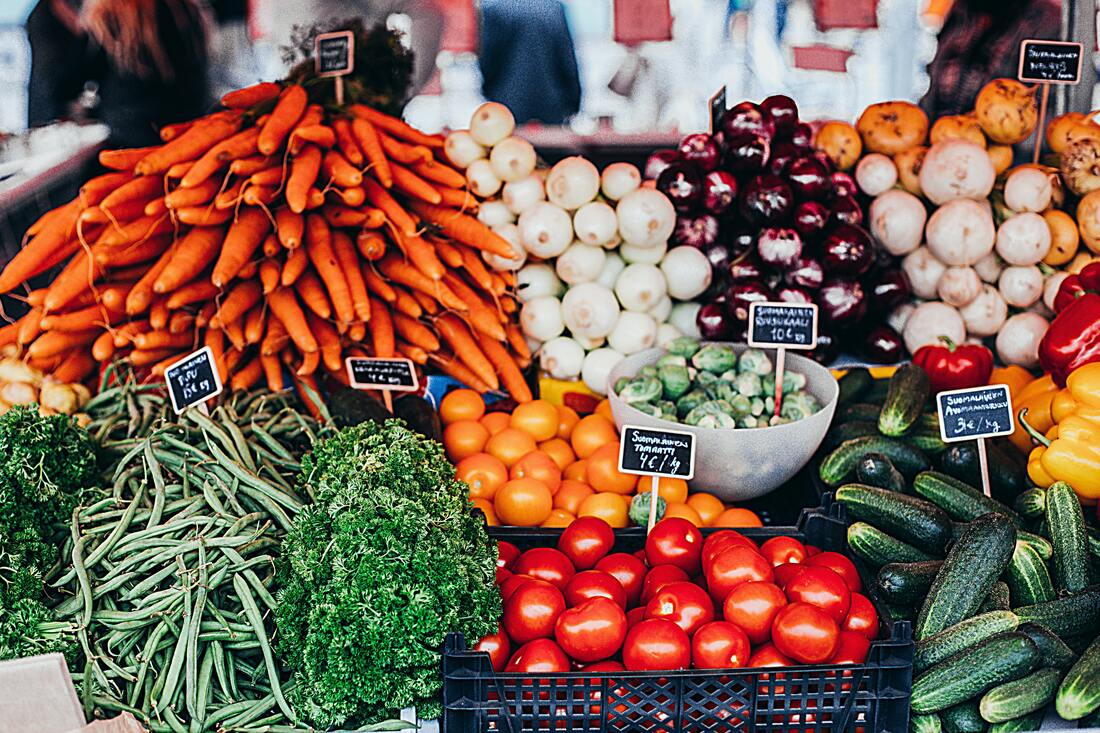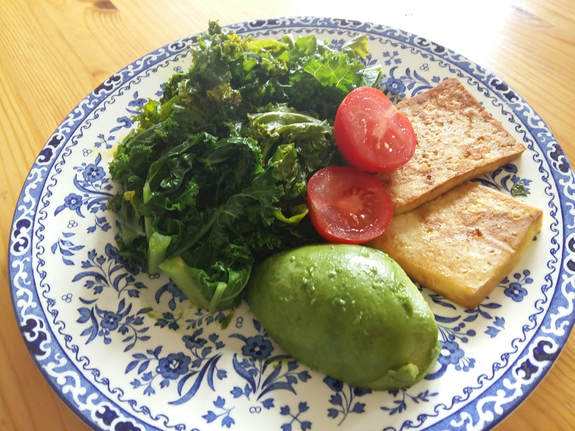
The Food Guide in Canada has a guiding hand in how school, daycares, and hospital lunches are developed, how the public perceives the scientific literature on nutrition, and how dietitians and holistic nutritionists are educated and thus educating the larger public.
Just over 20K Canadians took part in the first round of surveys asking Canadians what is important to them and even though this was less than 1% population feedback, it is the voice of Canadians to be heard.
As round 2 ; the follow up question and comments section, on the preliminary recommendation rolled out, there is some pretty heated debated on the forums. A lot of talk of leaning towards a more plant based diet, the arguments for and against. There is also a great deal of people talking about food security, inclusiveness and sustainability in Canada, which is not only a conversation here but around the world.
You can read more about what is unrolling in Canada's Healthy Eating Food Guide Here.
Other countries have recently taken a very different approach to national dietary guidelines. Germany, Brazil, Sweden, the UK and Qatar; now explicitly reference sustainability in their food guides which really hasn't been seen before.
Rather than using a prescriptive model, Brazil’s revised dietary guidelines, launched in 2014, offer 10 guiding principles for a healthy diet, many of which revolve around limiting the consumption of processed foods, while making natural and freshly prepared foods the basis of one’s diet. A varied, largely plant-based diet is advocated as the foundation of a diet that is “nutritionally balanced, delicious, culturally appropriate, and supportive of socially and environmentally sustainable food systems. Brazil also stresses that food is part of great culture and social connections and should should be nurtured through conscious food choices.
Similarly, Sweden’s national dietary guidelines, which were revised in 2015, explicitly encourage consumers to eat less meat and meat products and more plant foods, for health as well as for sustainability benefits.
The last update to the US guidelines held great hope for the bettering health of our friends down south until the industry lobbyist pushed back at recommendations put forth. For instance, the advisory committee had recommended including sustainability as a factor in making food choices. But administration officials nixed that idea when it came to the final proposal.
The committee had also advised telling Americans to cut back on red meats and processed meats. But that recommendation sparked a vigorous challenge from the meat industry, and the final dietary guidelines in the US do not include any specific advice to cut back on these sources of protein.
By choosing to turn away from industry driven recommendations, ignoring industry driven research publications, and choosing to lead our population to a healthy, sustainable food culture, the influence of Canada’s Food Guide on the food industry extends beyond our own borders. Food choices govern food production, which has environmental impacts in a time of global climate change. Since Canada is a major food exporter, Canada’s Food Guide affects the health and environment not only of Canadians but of citizens around the world.
- Eat mostly plant based for better health and sustainability. More Veggies, with some fruit. The half the plate with veggies rule might get a bigger piece of the pie.
- Less emphasis to be put on meat and dairy food groups and more emphasis on protein & fibre rich foods like beans , lentils, and Tofu.
- Processed foods are unhealthy so try and avoid them.
- Drink water and probably just avoid the fruit juice, pop, and sugary drinks.
- Reduce saturated fats intake, added sugars, and sodium. (Again, avoid the processed foods)
- Make most of your meals at home and share them with others.
What I haven't seen on the preliminary outlines is heavier restrictions on salt, sugar, and trans fats, just reductions. The last food guide only recommends reducing sodium, added sugar, and saturated & trans fat, but not restricting them. This may be tucked into the blanket suggestion of eating less processed foods but I feel, like many more in the health industries, it needs to be stressed to eliminate added sugars and high sodium in processed foods, a big reduction in saturated fats, and the all together ban of trans-fats that Canada has been very elusive on to date, yet Denmark has had a ban trans-fats since 2003 referring to meta-analysis from decades before.
Food and what you consume is a pillar of life, part of the foundation of health, it shouldn't be complex (except for the carbohydrates), it should nourish your body, elate your mind, and fulfill your soul! It is what human beings have evolved our culture and progress around for thousands of years. Lets get back to a healthy food culture, not just surviving, it's time to thrive!
In Health,
Rebecca

